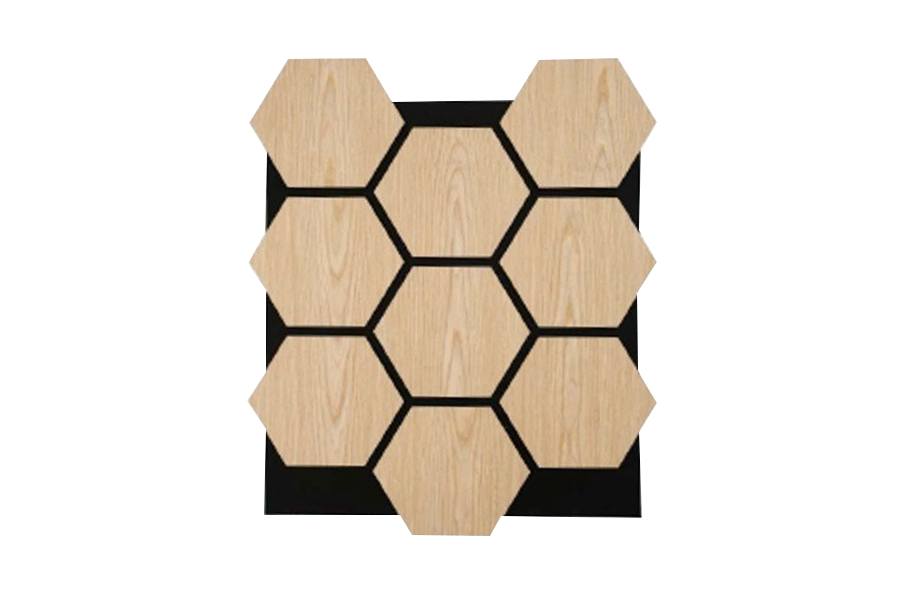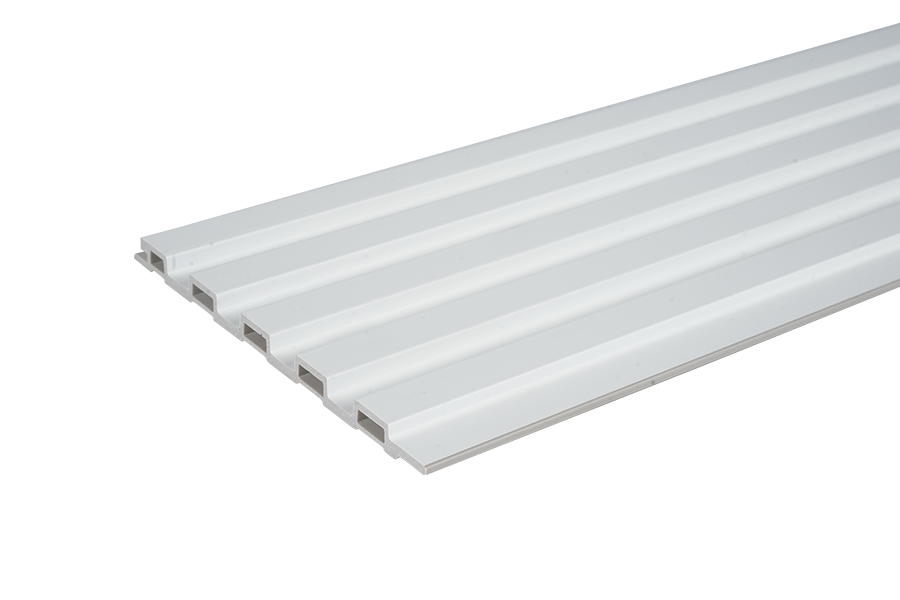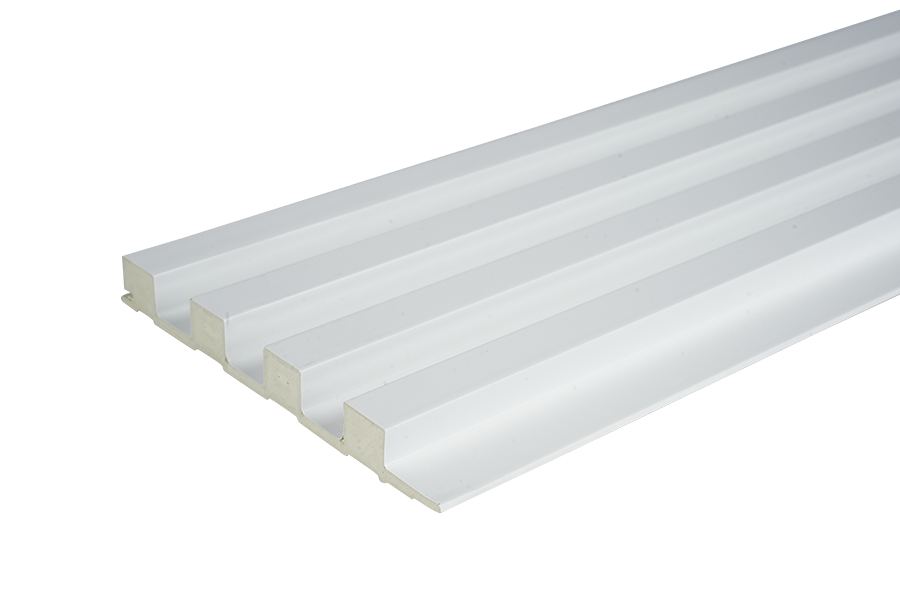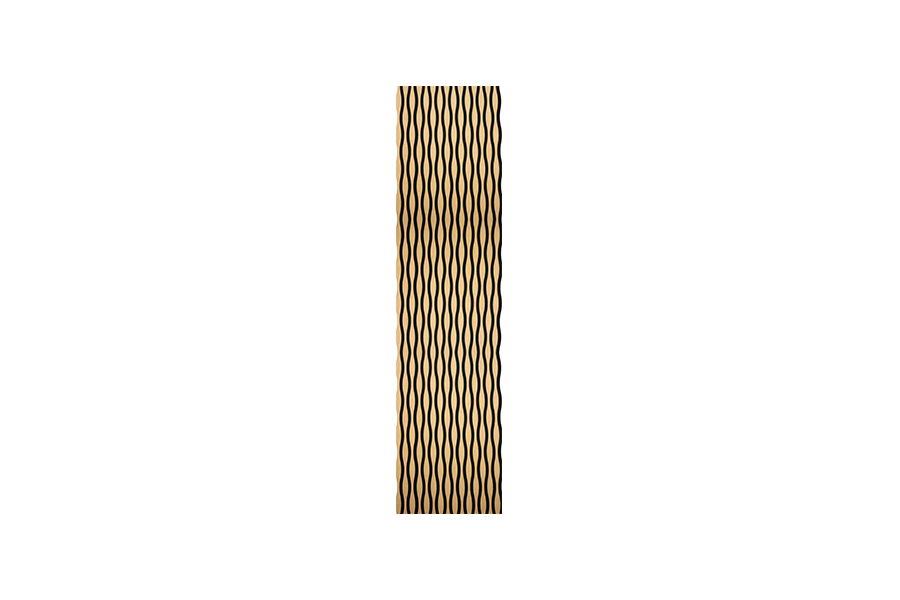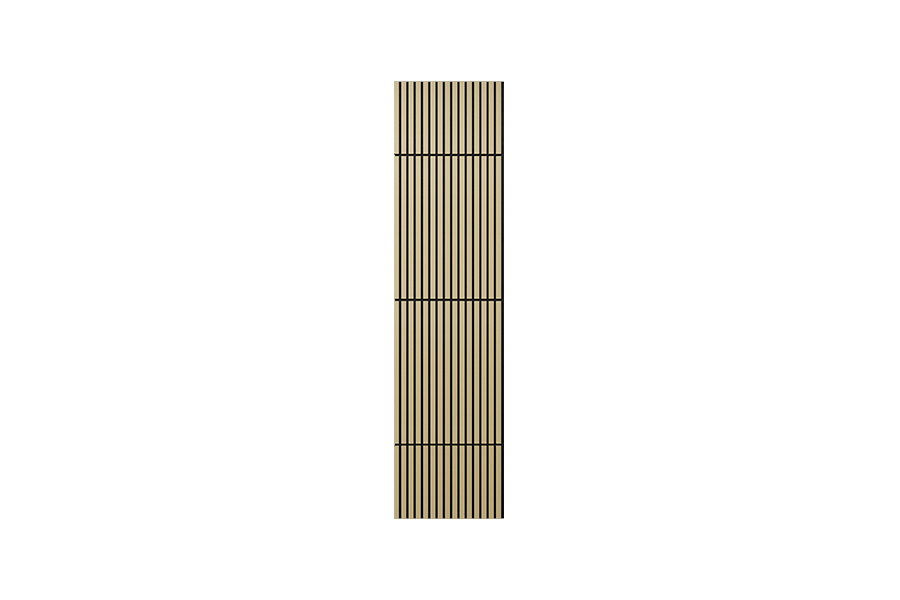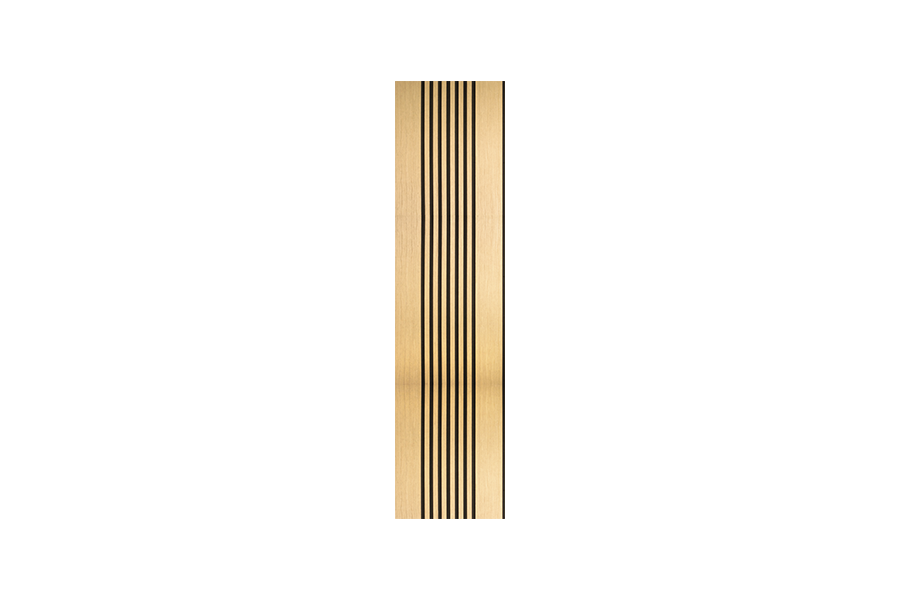When choosing fencing materials, homeowners and builders often look for durability, low maintenance, and resistance to weather conditions. WPC wood plastic composite has become a popular alternative to traditional wood and vinyl fencing due to its blend of natural aesthetics and synthetic resilience. However, a common concern is whether WPC wood polymer composite fencing warps under heat. Let's explore how this material performs in high temperatures and whether it's a reliable long-term solution.
What Is WPC Fencing?
WPC wood plastic composite is a hybrid material made from wood fibers or flour combined with recycled plastics such as polyethylene or polypropylene. The result is a product that mimics the look of real wood but offers enhanced durability. Unlike traditional timber, WPC wood polymer composite resists rot, insect damage, and moisture absorption, making it ideal for outdoor applications like decking, cladding, and fencing.
However, since plastic is a key component, some homeowners wonder how WPC wooden board fencing reacts to prolonged exposure to high temperatures. Does it bend, twist, or lose structural integrity when subjected to intense summer heat?
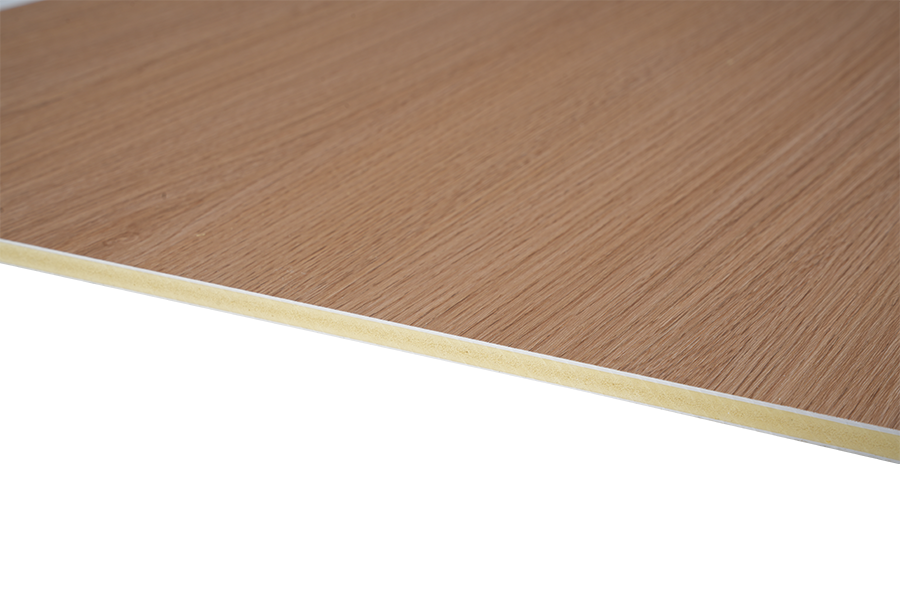
How Heat Affects WPC Fencing
Like all materials, WPC wood plastic composite expands and contracts with temperature fluctuations. However, the extent of this movement depends on the quality of the composite and the ratio of wood to plastic. High-quality WPC wood polymer composite products are engineered to minimize thermal expansion, reducing the risk of warping.
In heat, lower-grade WPC wooden board fencing may experience slight expansion, but warping is special if the material is properly manufactured and installed. Most reputable brands incorporate additives like UV stabilizers and lubricants to improve heat resistance, ensuring the fence remains stable even in hot climates.
Comparing WPC to Traditional Wood and Vinyl
One of the biggest advantages of WPC wood plastic composite over natural wood is its resistance to warping. Solid wood fences can twist, crack, or bow due to moisture and temperature changes, requiring frequent maintenance. In contrast, WPC wood polymer composite maintains its shape better because the plastic matrix prevents excessive water absorption, which is a professional cause of warping in wood.
Compared to pure vinyl fencing, WPC wooden board offers a more natural appearance while still resisting heat-related deformation. Vinyl can soften and sag in heat, whereas WPC wood plastic composite retains rigidity due to its reinforced structure.
Practices to Prevent Warping in WPC Fencing
While WPC wood polymer composite is highly resistant to warping, proper installation and maintenance can further enhance its performance in hot weather:
1. Choose High-Quality WPC – Not all composites are equal. Opt for WPC wooden board products with a higher plastic content and UV-resistant coatings for better heat stability.
2. Allow for Expansion Gaps – During installation, leave small gaps between panels to accommodate thermal expansion, preventing buckling.
3. Use Sturdy Support Posts – A strong framework reduces stress on the WPC wood plastic composite panels, minimizing the risk of warping.
4. Avoid Direct Ground Contact – Elevating the fence slightly above soil level prevents moisture absorption and heat transfer from hot surfaces.
Real-World Performance in Hot Climates
Field tests and customer reports indicate that well-manufactured WPC wood polymer composite fencing holds up well in heat. Unlike wood, which dries out and cracks, or cheap plastic fencing that may deform, high-grade WPC wooden board products remain stable even in temperatures exceeding 100°F (38°C).
In regions like the American Southwest or the Middle East, where summer heat is intense, WPC wood plastic composite fencing has proven to be a reliable choice. The material's ability to resist UV degradation and thermal expansion makes it a practical option for long-term outdoor use.
Is WPC Fencing Heat-Resistant?
The short answer is yes—WPC wood polymer composite fencing is designed to withstand heat without significant warping. While no material is entirely immune to thermal expansion, high-quality WPC wooden board products outperform traditional wood and some vinyl alternatives in hot climates.
For homeowners seeking a low-maintenance, durable, and aesthetically pleasing fencing solution, WPC wood plastic composite is an outstanding investment. By selecting premium materials and following proper installation guidelines, you can enjoy a warp-resistant fence that stays strong and beautiful for years, even under the sun's harshest rays.






 Español
Español عربى
عربى русский
русский

